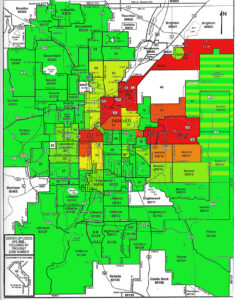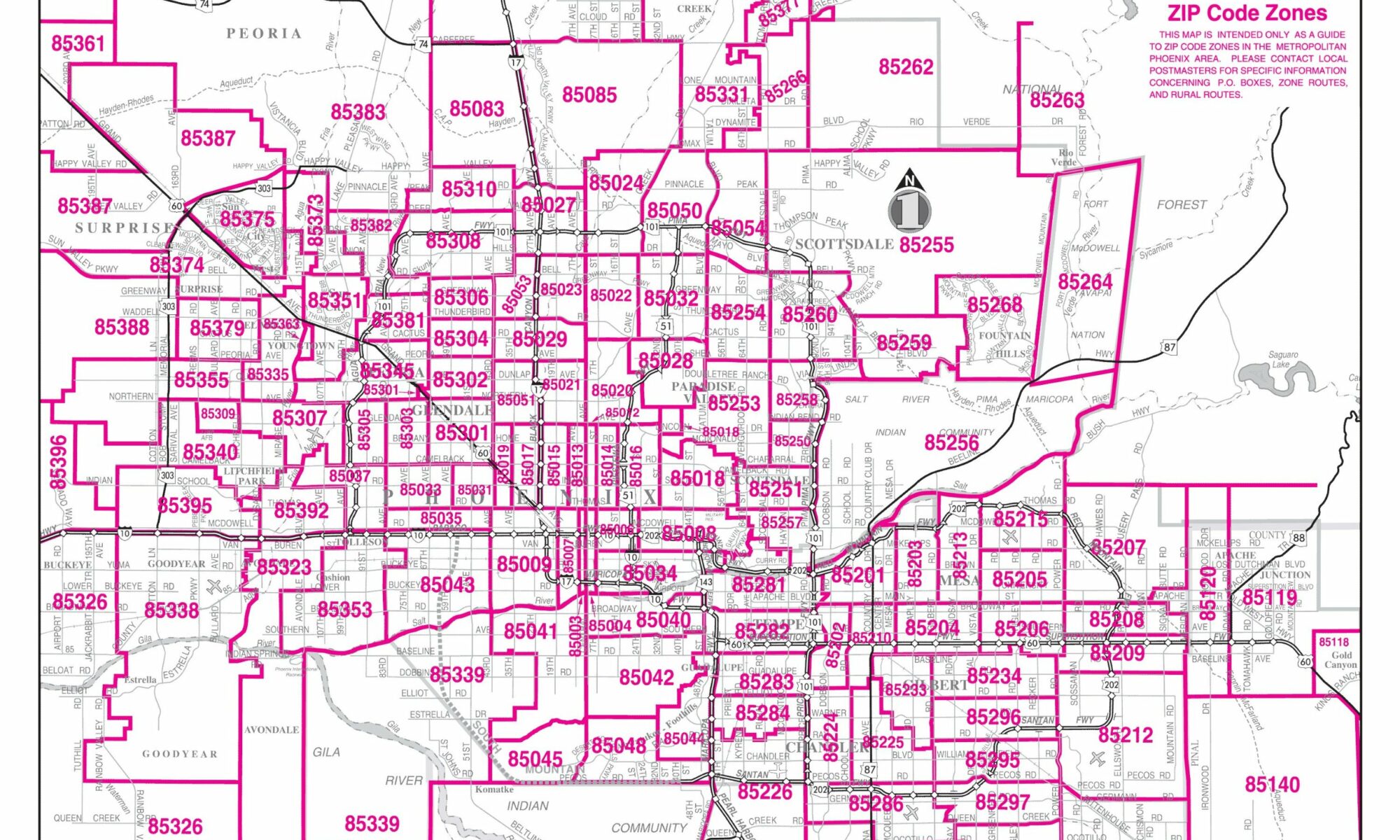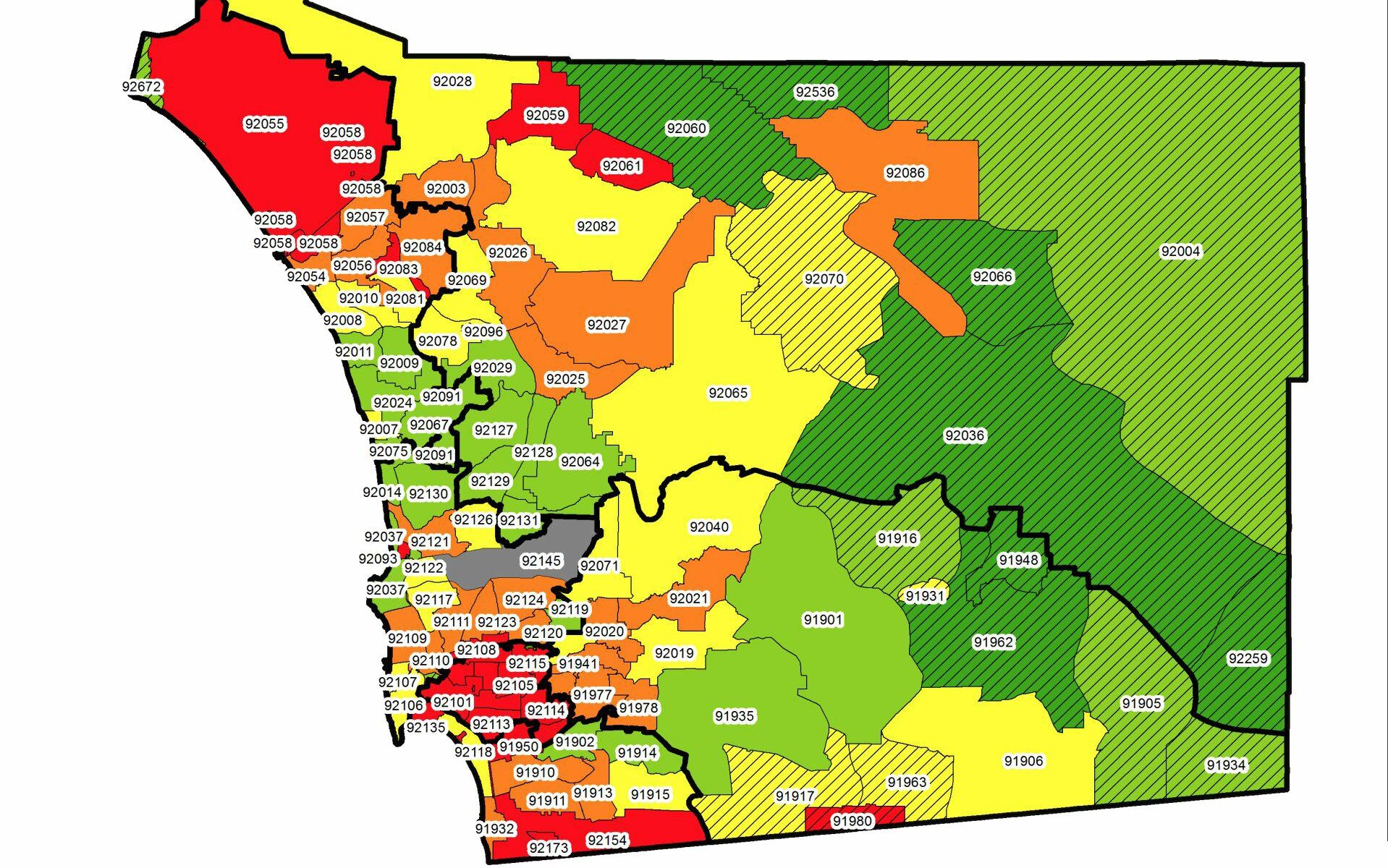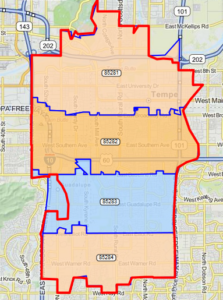Introduction to ZIP Code Extensions
ZIP code extensions are pivotal in the intricate web of postal services and geographical identification. These extensions, often called ZIP+4 codes, are not just random numbers but crucial for precise mail delivery and location identification. Understanding your ZIP code extension and how it functions can be immensely beneficial for various purposes, from personal use to business applications.
The Anatomy of a ZIP Code Extension
A standard ZIP code typically consists of five digits. However, a ZIP code extension adds an additional four digits to the original five-digit code. This results in a nine-digit full ZIP code, commonly known as the ZIP+4 code. The extra four digits provide a more precise location than the general five-digit ZIP code, pinpointing locations to specific delivery routes, buildings, or even individual recipients.

Significance of the Additional Digits
The supplementary four digits in the ZIP code extension are not arbitrary. They are carefully assigned by the United States Postal Service (USPS) to enhance mail sorting and delivery accuracy and efficiency. This precision is especially important for large organizations, apartment complexes, and densely populated areas where mail delivery might otherwise be challenging.
How to Determine Your ZIP Code Extension
Finding your ZIP code extension is simpler than you might think. The quickest way is to visit the USPS website and use their ZIP code lookup tool. Additionally, understanding how ZIP codes work can give you further insight into the process of ZIP code allocation and its practical implications.
For those interested in exploring beyond their immediate location, creating or referring to a ZIP code map can be extremely useful. Resources like Create ZIP Code Map provide guidelines on how to visually represent ZIP code areas, including extensions.
ZIP Code Extensions in Different States
ZIP code extensions vary significantly across different states and regions. For instance, ZIP code maps of densely populated states like Virginia or Nevada may reveal a complex network of ZIP+4 codes. Exploring these maps, such as the ZIP Code Map Nevada or ZIP Codes Map Richmond, VA, can provide fascinating insights into how geographical areas are segmented.
Applications of ZIP Code Extensions
The practical applications of ZIP code extensions are vast. Businesses often use these extensions for direct mail marketing, ensuring their material reaches the target audience. Similarly, demographic studies and regional planning often rely on the precision of ZIP+4 codes for accurate data collection and analysis.
Conclusion
In conclusion, understanding your ZIP code extension is more than just a postal necessity; it’s a tool for precise geographical identification and an asset in various professional and personal contexts. Whether you’re looking to understand the ZIP code system better, find specific ZIP codes in areas like Washington, Colorado, or Florida, or explore unique ZIP codes like the fictional ZIP code 88888, the resources and insights provided here offer a comprehensive understanding of ZIP code extensions. Remember, in the world of ZIP codes, every digit counts.



